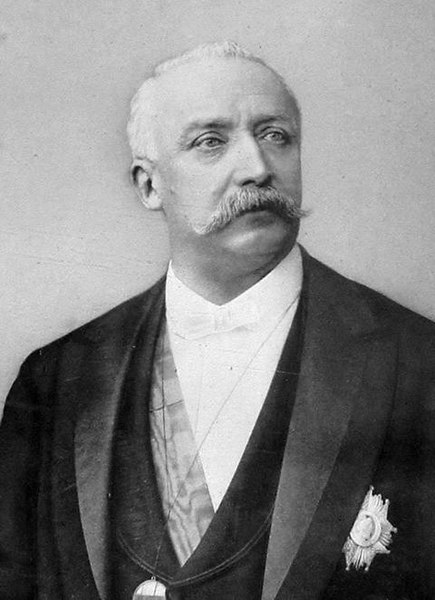kiwitt
Road to War Modder
GM: Just a point about Response DoWs, if it not clear, in the game mechanics.
Declarations of War made within the Initial 48 hour period are NEW Declarations of War, regardless of whether they are in response to an ally being attacked or not. The point is they are in the initial 48 hour phase. The reason for the initial 48 hour period is to eliminate the surprise attacks, so the defender has time to change their orders.
Declarations of War made within the Response 48 hour period are RESPONSE Declarations of War, which can only be directed at nations who initiated the Declarations of War in the initial 48 hour period. This is to eliminate the possibility of surprise attacks on a nation's allies and their allies not being able to give immediate assistance.
The alternative would be to have only the initial phase as there was initially when TK was running the game and a player could wait until the end of the 48 hour period and then DoW and the allies would have to wait until next turn to respond. I think the second response period is fair and helps deter initial DoWs, knowing that allies can make counter DoWs.
Declarations of War made within the Initial 48 hour period are NEW Declarations of War, regardless of whether they are in response to an ally being attacked or not. The point is they are in the initial 48 hour phase. The reason for the initial 48 hour period is to eliminate the surprise attacks, so the defender has time to change their orders.
Declarations of War made within the Response 48 hour period are RESPONSE Declarations of War, which can only be directed at nations who initiated the Declarations of War in the initial 48 hour period. This is to eliminate the possibility of surprise attacks on a nation's allies and their allies not being able to give immediate assistance.
The alternative would be to have only the initial phase as there was initially when TK was running the game and a player could wait until the end of the 48 hour period and then DoW and the allies would have to wait until next turn to respond. I think the second response period is fair and helps deter initial DoWs, knowing that allies can make counter DoWs.







